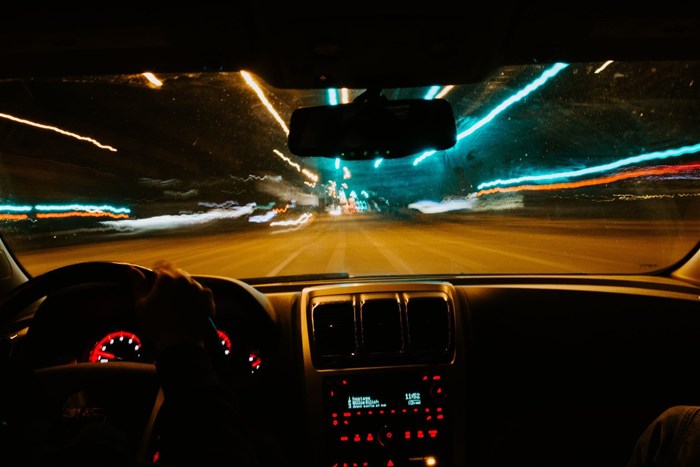Drunk driving is not the only road safety risk we should be worried about this festive season

As the festive season approaches, there is a heightened need to deter motorists from driving under the influence. This can be achieved through more frequent roadblocks where law enforcement officers are testing for other substances in addition to alcohol, such as cannabis, cocaine and other opioids. Testing can be done safely, accurately and quickly by means of breathalyser tests for alcohol, and saliva tests for other intoxicating substances.
Driving under the influence
While we know the dangers of drinking and driving, the intoxicating effect of drugs is often underestimated. Just like alcohol, drugs also impair a driver’s concentration, depth perception and reaction time, which puts other road users at risk. With the decriminalisation of cannabis by the courts, there has been an anecdotal increase in drivers choosing the joint over the bottle, knowing that they’re ‘safe’ from breathalysers at roadblocks. This misperception needs to be quickly corrected. The only way to manage this risk is to have strict enforcement of drug and alcohol testing at roadblocks, so as to have a deterrent effect on drivers.
Roadside testing for cannabis is necessary
The only country in the world with a widespread mobile drug-testing programme in Australia, which takes a zero-tolerance approach. This is exactly what we need to do in South Africa. Roadside drug screening (saliva) tests are conducted to detect THC (cannabis), methylamphetamine (speed, ice, or crystal meth) and MDMA (ecstasy). Unlike driving under the influence of alcohol, there is no minimum amount of drug that has to be present in a driver’s system to be guilty of an offence.
Before recent developments in testing technology, there was no readily accessible test to tell if a person is under the influence of cannabis. Although widely used, the urine test can only indicate whether a person has used cannabis at any time in the past month - it cannot determine whether they are under the influence or not. Today, saliva testing puts to rest all the limitations of urine testing. Testing is now non-invasive, more accurate and can be conducted roadside, indicating whether or not the test subject has used cannabis in the last three hours.
Proper enforcement through training
In order to properly enforce anti-intoxication driving laws, government will need to adopt the use of widely available drug testing technology. Without government’s stamp of approval on the drug testing technology, officials will be left no choice but to only test for alcohol abuse while driving.
Furthermore, should government approve roadside drug testing equipment, it will be necessary for traffic officers to be thoroughly trained in the correct use of the testing equipment. This is particularly important in a points demerit system, where road safety violations collect penalty points and have unpleasant consequences. For example, if the individual racks up enough penalty points, it’s possible to have their license suspended or cancelled, and repeat traffic offenders could ultimately find themselves banned from driving on South African roads.
Accordingly, educating law enforcement officers in the correct use of testing equipment will give them confidence in what they’re doing, allowing them to perform their job in the most efficient way for the most accurate results. Regular roadside drug, and alcohol tests, will contribute positively to road safety by reducing the number of injuries and fatal accidents on South African roads.
